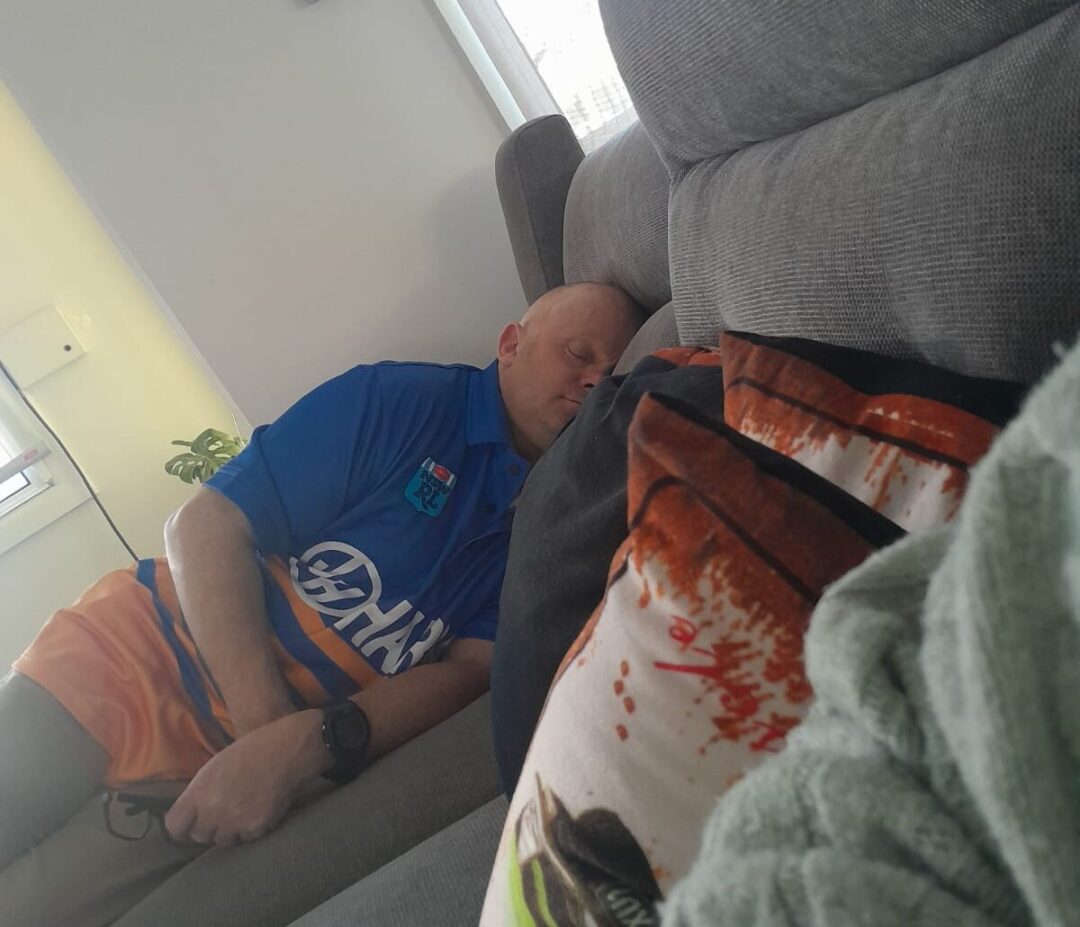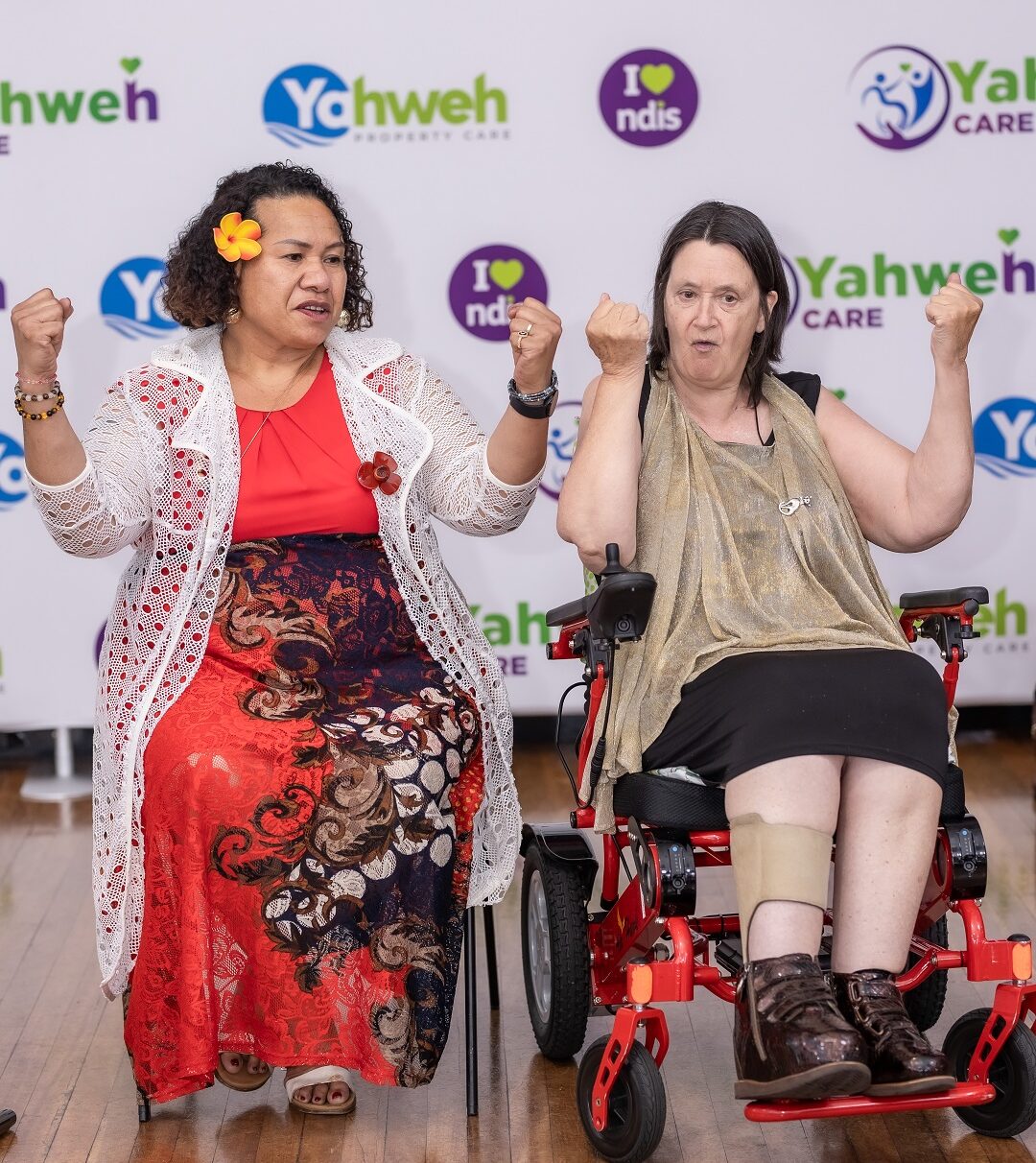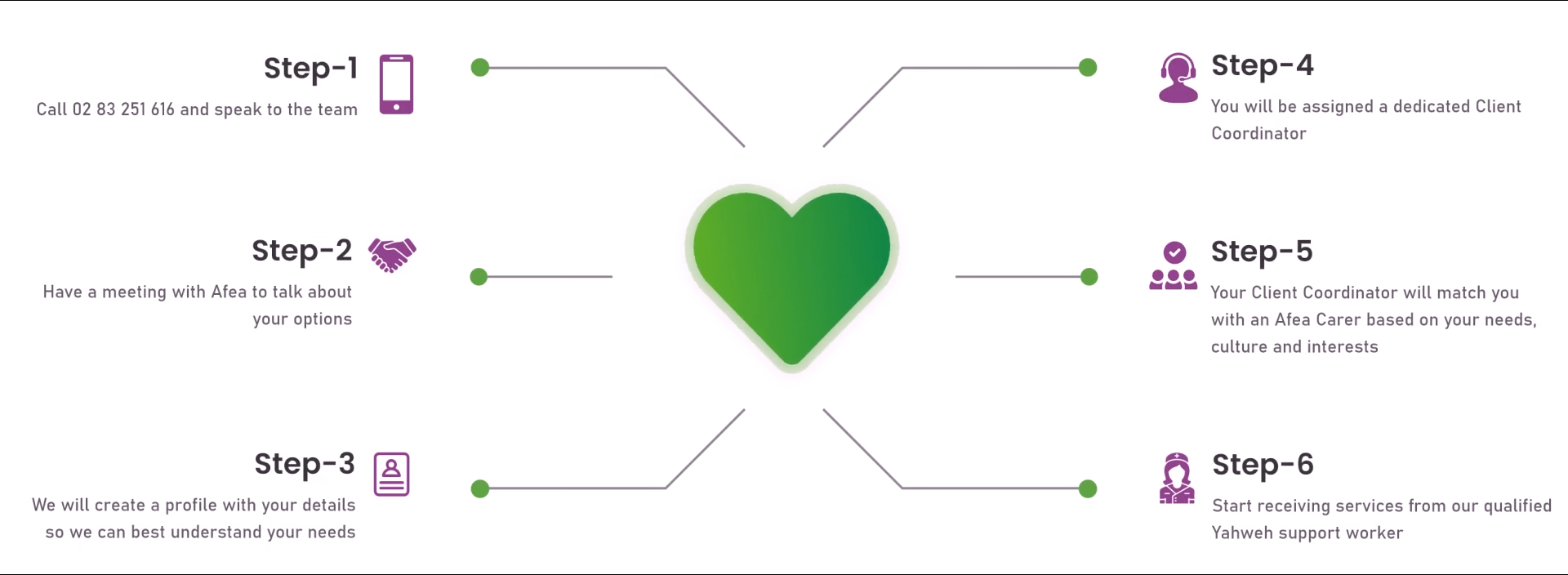SWITCH TO YAHWEH CARE
Providing care and holistic approach to NDIS participants aiming to create opportunities for you to live your best life.
Contact UsSpecialist Disability Accommodation (SDA) is housing for people with very high support needs or extreme disabilities. It’s part of Australia’s National Disability Insurance Scheme (NDIS).
SDA is not a support work. It’s the actual home or the physical place where someone lives. These homes are specially built or modified to help NDIS participants live more safely, comfortably, and independently.

Not everyone on the NDIS can get an SDA eligibility. It’s only for people who really need it. That means someone who:
For some people, a regular home doesn’t work because of their impairment or very high needs. Without the right features or layout, they might face daily struggles or even serious safety risks. Specialist housing gives them the chance to live with more independence. It ensures their home supports their needs, not limits them.
Some people’s disabilities are complicated, too. They might need special assistive technology features like wheelchair access, stronger materials, or technology to help them move around or call for help. Without these things, daily life can be really challenging or risky.
Housing that meets specific physical or safety needs is essential for people with extreme functional disabilities. Without the right design, everyday tasks can be difficult, unsafe, or even impossible. A well-designed home can reduce the risk of injury, make care easier to move around and clean, and support a person’s independence. It also helps people feel more comfortable and in control of their own space.
Some people need homes built to support their physical or safety needs. This could mean things like ramps, wide doorways, or reinforced walls. These features help make the home safer and easier to live in daily.

SDA gives people with high support needs a safe and suitable place to live. It helps them live more independently and with greater dignity. Instead of being stuck in hospitals or aged care, they can live in homes that actually feel like home. It also makes it easier for support workers to provide the right care despite the many responsibilities.
Some people need help with everyday tasks like getting dressed, eating, or moving around. They might have support workers visit several times a day or even stay overnight. SDA homes aims to facilitate the delivery of these supports safely and comfortably.
SDA homes don’t all look the same. They can be apartments, houses, or shared homes. What makes them different is how they’re built or modified to meet the needs of the person living there. SDA homes come in different styles—apartments, villas, townhouses, or shared houses. What they have in common is thoughtful design. For example:
Some homes has accessibility, while others are more robust or simplified, depending on the person’s needs. Having a safe, well-designed space makes one’s job easier and helps the person feel more secure and supported.
The NDIS pays the bulk of the rent directly to the SDA provider. However, the person living there might still pay rent on a small amount—usually no more than 25% of their disability support pension, plus any Commonwealth Rent Assistance. This is called a “reasonable rent contribution.”
So, while the NDIS covers the expensive stuff, tenants still contribute a fair share.
SDA is just the housing. Support workers come from different parts of the NDIS plan. Some people living in SDA might also have funding for Supported Independent Living (SIL) or Individualised Living Options (ILO).
Support workers are a big part of daily life for many people living in SDA. They help with things like cooking, personal care, cleaning, managing daily routines, and getting around. While SDA provides the right kind of home, the support workers make independent living possible.
For people with significant extreme functional impairment, where they live makes a huge difference. Specialist Disability Accommodation (SDA) matters because it gives people with very high levels of support needs a chance to live with more freedom, safety, and dignity. Without it, many would be stuck in hospitals, aged care facilities, or homes that aren’t built for their needs. That can lead to stress, injury, or feeling isolated.
With SDA, people can live in a place that actually feels like home. They can have a place built around their needs, not one they have to struggle to fit into. It also makes life easier for support workers, family, and carers because the home is designed to work with the support, not against it. Most importantly, SDA helps people have more choice and control over how and where they live, which is a huge step toward a better quality of life.
SDA gives people more choice and control over where and how they live—and that’s the whole point. The right SDA dwellings means more independence, less reliance on hospitals or group homes, and a better quality of life.

Choosing the right Specialist Disability Accommodation (SDA) is a big decision. The best option is one that fits your needs, goals, and lifestyle. Here are a few simple steps to help you make the right choice:
Make sure your NDIS plan includes SDA funding. You’ll also want to check if you have funding for Supported Independent Living (SIL) or other supports you might need in the home.
Everyone’s needs are different. The right home should support your independence and make daily life easier.
Knowing your design category helps narrow down your options. You can choose between improved liveability, fully accessible, high physical support, and a highly robust environment.
If you can, visit the Specialist Disability Accommodation housing before making a decision. The SDA vacancies should feel like somewhere you’d want to live.
Ask SDA providers questions. A good provider should be clear, helpful, and focused on your needs.
Choose a place that fits your life now and into the future. Moving homes isn’t always easy, so finding one that can adapt to you is a smart move.
If you need help with the process, a local area coordinator or NDIS planner from Yahweh Care can help you understand and analyze your options and services.
Providing care and holistic approach to NDIS participants aiming to create opportunities for you to live your best life.
Contact Us


